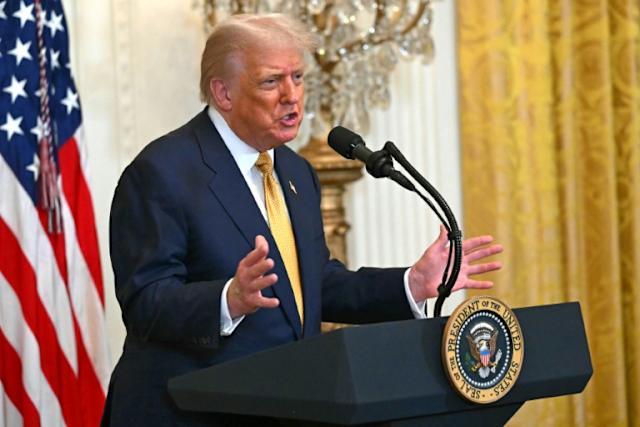Donald Trump has repeatedly suggested that he could move World Cup games away from US cities he deems “unsafe,” a claim that raises questions about the actual power he holds in the matter. While Trump has made these threats several times, especially in response to cities that oppose his policies, the truth behind these claims is far more complex.
Trump’s comments often emerge when asked about political protests in host cities. For instance, he referred to Seattle and San Francisco as examples of cities that could lose their World Cup games due to what he described as safety concerns caused by political demonstrations. In one of his statements, Trump suggested that he could call FIFA president Gianni Infantino to request moving games if safety conditions were deemed inadequate. However, while Trump’s words may sound authoritative, his ability to unilaterally alter the host city agreement is highly questionable.
In reality, the US president has no direct authority over the World Cup or Olympic Games. Host city agreements are signed between FIFA and local municipalities, and these are largely private contracts. The US president cannot unilaterally cancel these agreements. While he can apply political pressure or withhold federal funding, his ability to force FIFA to relocate events is limited.
FIFA does hold some power to revoke a host city’s selection if safety standards are not met, but this is rarely exercised and would require extensive logistical changes to the tournament. The sheer scale of the 2026 World Cup, involving 48 teams and 16 host cities across three countries, makes it extremely unlikely that FIFA would take such drastic action.
Furthermore, the US government plays a role in visa approval and public safety. While Trump’s administration may deploy federal agencies for additional security, such actions are not enough to justify moving the event. FIFA has already stated that safety and security are the responsibility of the host cities and the governments, not any individual leader.
In response to Trump’s threats, Boston Mayor Michelle Wu dismissed the idea, emphasizing that host city agreements are legally binding and not subject to the whims of political figures. FIFA has also made it clear that it is the governing body’s decision where the games are held, and no government leader can override that authority.
While past events like the 2003 Women’s World Cup have been moved due to extreme circumstances, such as health concerns or political unrest, FIFA has never moved an event based on safety concerns alone. As such, Trump’s repeated threats appear more aimed at creating political drama than at altering the logistics of the 2026 World Cup.

